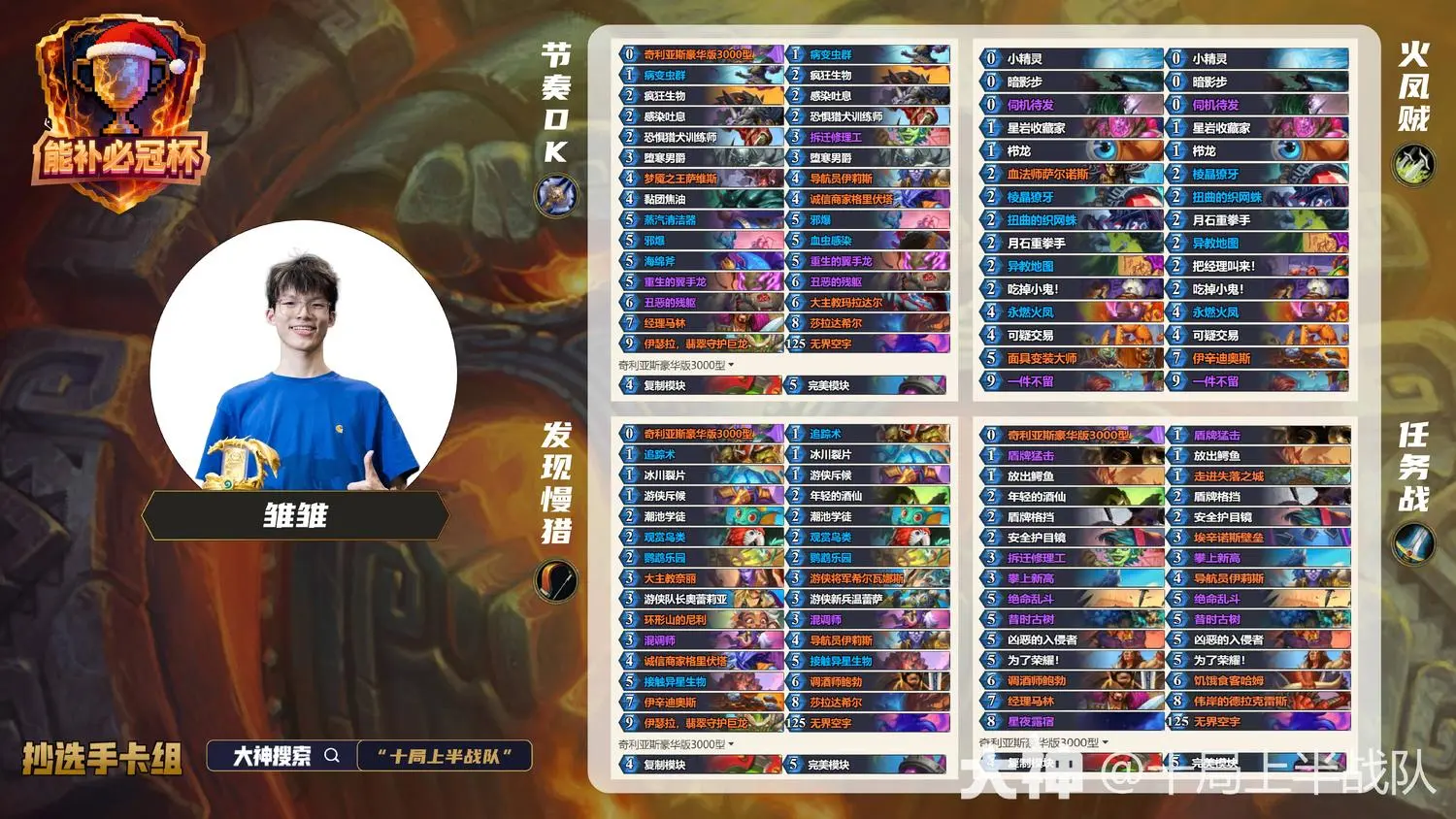一个Excel导入SQL server的例子
时间:2011-05-02 来源:邀月
有人提问如下:
这个是Excel的,比如是test.xls
欠费年份 欠费开始月份 欠费结束月份 应缴金额(月租)
2001 9 12 94.4
2008 5 12 88.8
2010 8 12 90.4
___________________________________________
这个是表:比如是a表
a(pk,int,not null) //主键,自动增长
b(varchar(19),null) //费款所属期
c(decimal(10,2),null) //应缴金额___________________________________________
现在我要将test.xls中的数据导入到a表,从开始月份到结束月份要做循环导入,比如第一条2001年的从9月到12月要录入4条数据到a表,导入后的格式如:
select * from a
a b c
1 2001-09 94.4
2 2001-10 94.4
3 2001-11 94.4
4 2001-12 94.4
数据库是:MS Sql server 2008
解析:
思路一:可以使用OpenRowset查询导入到表变量中,再用游标循环赋值。方法如下:
use testdb2
go
/*******************建立测试数据***[email protected]***********************/
IF NOT OBJECT_ID('[TBTest]') IS NULL
DROP TABLE [TBTest]
GO
CREATE TABLE [TBTest](
[tid] int identity(1,1) primary key,
[date] NVARCHAR(20) null,
[Money] decimal(10,2) null)
go
/*******************启用Ad Hoc Distributed Queries***[email protected]***********************/
--------USE master
--------go
--------sp_configure 'show advanced options', 1
--------GO
------------reconfigure
----------启用分布式查询 Ad Hoc Distributed Queries
--------sp_configure 'Ad Hoc Distributed Queries', 1
--------GO
--------reconfigure
--------go
use testdb2
go
/*******************定义表变量***[email protected]***********************/
Declare @TableVar table
(PKId int primary key identity(1,1)
,RYear int not null,BMonth int not null
,EMonth int not null,RMoney Decimal(15,2) not null
----,d1 date null,d2 Date null
)
insert into @TableVar
(RYear ,BMonth ,EMonth ,RMoney)
select * from OpenRowSet('Microsoft.Jet.OLEDB.4.0',
'Excel 8.0;HDR=Yes;IMEX=1;Database=D:\test\test20110501.xls',
'select * from [Sheet1$]')
----select RYear,BMonth,EMonth,RMoney from @TableVar
------update @TableVar
------SET d1=cast(
------Cast(RYear as Nvarchar(4))+'-'+cast(BMonth AS nvarchar(2))+'-01' as date)
------, d2=cast(
------Cast(RYear as Nvarchar(4))+'-'+cast(EMonth AS nvarchar(2))+'-01' as date)
/*******************第一种方法,用游标***[email protected]***********************/
DECLARE @RYear int
declare @BMonth int
declare @EMonth int
declare @RMoney int
DECLARE DateDemo_cursor CURSOR FOR
select RYear,BMonth,EMonth,RMoney from @TableVar where 1=1
OPEN DateDemo_cursor
FETCH NEXT FROM DateDemo_cursor
INTO @RYear,@BMonth,@EMonth,@RMoney
WHILE @@FETCH_STATUS = 0
BEGIN
----print @RYear
----print @BMonth
----print @EMonth
----print @RMoney
--修改记录
while(@EMonth-@BMonth>=0)
begin
insert INTO [TBTest]
SELECT TOP 1 cast(RYear AS nvarchar(4))+'-'+
CASE WHEN (@BMonth<10) THEN '0'+cast(@BMonth AS nvarchar(2))
ELSE cast(@BMonth AS nvarchar(2)) END,
Rmoney from @TableVar where Ryear=@RYear
SET @BMonth=@BMonth+1
end
--修改结束
FETCH NEXT FROM DateDemo_cursor into @RYear,@BMonth,@EMonth,@RMoney
END
CLOSE DateDemo_cursor
DEALLOCATE DateDemo_cursor
GO
SELECT * FROM [TBTest]
查询结果:
/*
tid date Money
1 2001-09 94.40
2 2001-10 94.40
3 2001-11 94.40
4 2001-12 94.40
5 2008-05 88.80
6 2008-06 88.80
7 2008-07 88.80
8 2008-08 88.80
9 2008-09 88.80
10 2008-10 88.80
11 2008-11 88.80
12 2008-12 88.80
13 2010-08 90.40
14 2010-09 90.40
15 2010-10 90.40
16 2010-11 90.40
17 2010-12 90.40
*/
评价:该方法使用了最传统的方法,思路清晰。但没有体现SQL server 2008的语法特性,略显繁琐。
思路二:可否使用CTE实现?
思路三:可否使用SQL Server 2008新提供的Merge实现?
思路四:使用NPOI在业务层实现数据转换。










